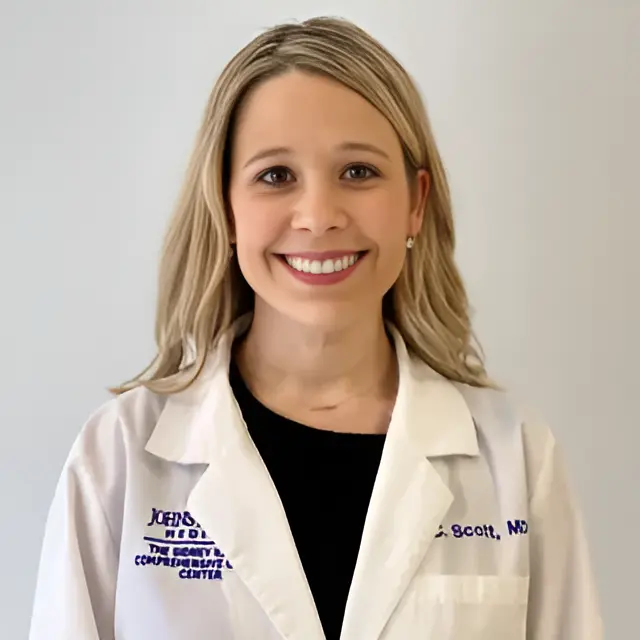In this episode of the Oncology Brothers podcast, Drs. Rahul & Rohit Gosain had the pleasure of speaking with Dr. Susan Scott, a thoracic medical oncologist from The Johns Hopkins Hospital. We delved into the rapidly evolving treatment landscape for metastatic non-small cell lung cancer (NSCLC) with actionable mutations, particularly focusing on frontline therapies.
We began our discussion by exploring common EGFR mutations, specifically exon 19 deletions and the L858R point mutation in exon 21. Dr. Scott highlighted the importance of selecting the right treatment based on patient characteristics and preferences, weighing options like osimertinib monotherapy against intensified regimens such as chemotherapy combined with osimertinib or amivantamab/lazertinib. We also touched on the significance of managing side effects, particularly with newer treatments.
As we moved on to less common mutations, Dr. Scott provided insights into the treatment of EGFR exon 20 insertions, ALK rearrangements, and other actionable mutations like ROS1 and BRAF. She emphasized the need for comprehensive NGS testing and the importance of retesting at progression to identify resistant mutations.
Throughout the episode, we discussed the balance between treatment efficacy and quality of life, particularly in the context of side effects associated with various therapies. Dr. Scott's expertise illuminated the nuances of treatment selection and the ongoing need for clinical trials in this rapidly changing field.
In summary, this episode serves as a valuable resource for community oncologists, highlighting the importance of personalized treatment approaches and the need for continuous education in the face of evolving therapies.
